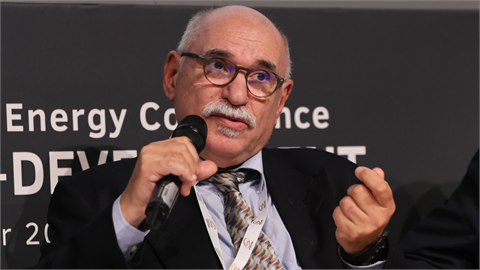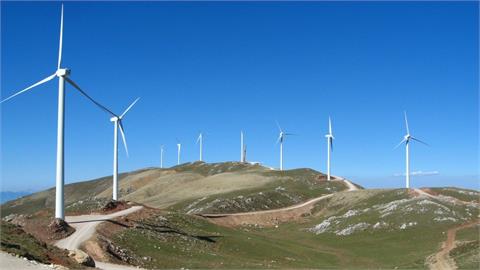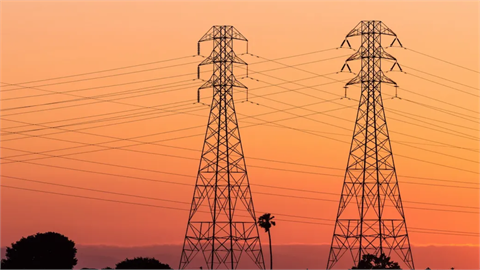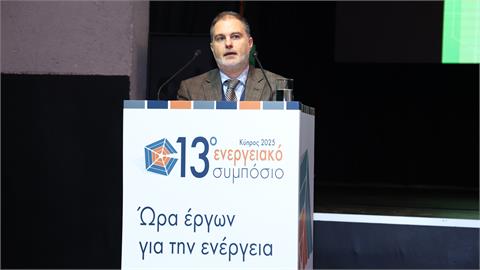Today, Europe is facing a perfect storm: energy prices are up, economic growth is down and winter is coming. The Kremlin is using energy as a political weapon and Europe must prepare itself for a complete gas cut-off from Russian energy supplies, principally through savings, diversification and solidarity. Within this environment, the issue of energy security emerges as a top priority.
Today, Europe is facing a perfect storm: energy prices are up, economic growth is down and winter is coming. The Kremlin is using energy as a political weapon and Europe must prepare itself for a complete gas cut-off from Russian energy supplies, principally through savings, diversification and solidarity. Within this environment, the issue of energy security emerges as a top priority.
Regarding energy security in Europe, we are referring mainly to gas security as natural gas accounts for about 25% of electric power generation and is also used for heating and industrial processes. In addition, Russia is the largest supplier of natural gas to Europe, which until last year covered about 40% of the continent’s supplies shipped by pipeline. The next-largest suppliers via pipeline are Norway (22%), Algeria (18%) and Azerbaijan (9%). Hence, Europe is eager to expand its supplies through new partnerships. In this Monthly Analysis, which is freely accessible (here), we explain Europe’s attempt to tap additional gas volumes from Azerbaijan and East Mediterranean, but also examine the impact of the present crisis on the Western Balkans.
Although Russian gas flows to Europe have not come to a complete halt following the decision by Gazprom to suspend any further shipments to Germany through the Nord Stream 1 pipeline, gas volumes delivered to various European countries are down by 70%, i.e. below 100 million cubic metres per day in July 2022, compared to the same month last year when they stood at 300 million cubic meters per day. Russian gas is still being delivered to European destinations through the Ukrainian network (37 mcm), through the Belarus transit (33 mcm) and through Turk Stream (9 mcm), which in edition to Turkey, it channels gas to Greece, North Macedonia and Serbia with Bulgaria having stopped receiving Russia gas since last April. The Figure below clearly depicts the changing scene in Europe over the last few months on the origin of gas supply and how LNG imports have come to replace, to a large extent, Russian gas. Today’s European gas mix may be more diversified but this has come at a heavy price.

Hence, the diversification of energy supplies still remains an undisputed pillar of energy policy and the basis of energy security. Ignoring energy security can easily lead to complacency and overdependence from a particular source or country and so when the time comes of establishing new political priorities decoupling from a particular supplier becomes a nightmare. In the case of Europe, and with gas being such a strategic fuel, corresponding to more than 20% of all energy consumption, enhancing indigenous gas production is another priority. Europe has every reason to want to exploit its not significant gas resources, which according to estimates amount to 10.0 to 12.0 trillion cubic metres and can be found in the North Sea, the Black Sea, the Adriatic, the Ionian and the East Mediterranean. Today, Europe covers only 11% of its gas needs from indigenous production with ever greater reliance on gas imports. If Europe is to survive and prosper with low carbon gas being fully integrated in its energy system, it must scale up its local production.
Today’s energy crisis, which started more than a year ago as energy supplies started becoming scarce, and is now fully blown following the war in Ukraine and Europe’s embargo against its major energy supplier, is morphing into an economic crisis with recession looming in the horizon. Yet, this crisis is an opportunity for a radical change in EU energy policy and thinking where energy security will once again regain its key role together with an approach, which favours maximisation of indigenous energy production.
.jpg)



